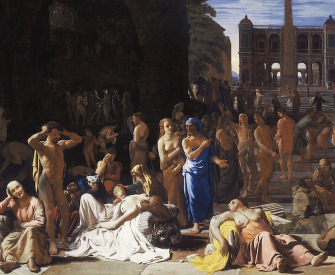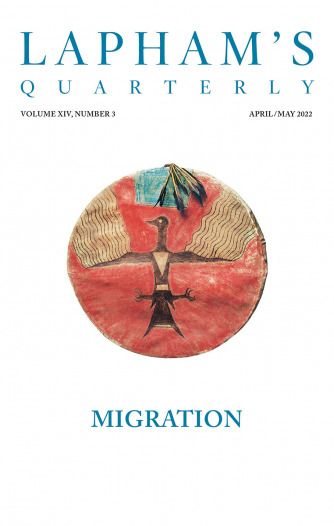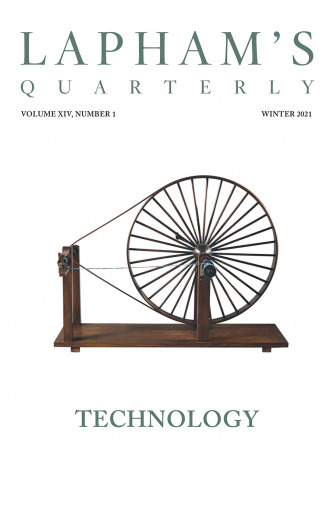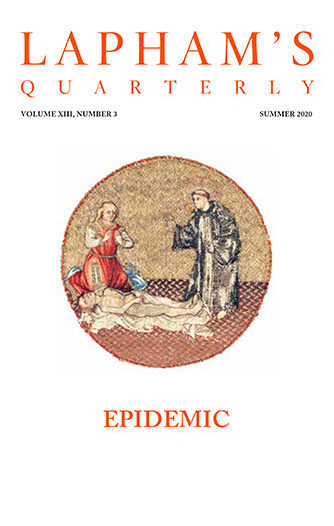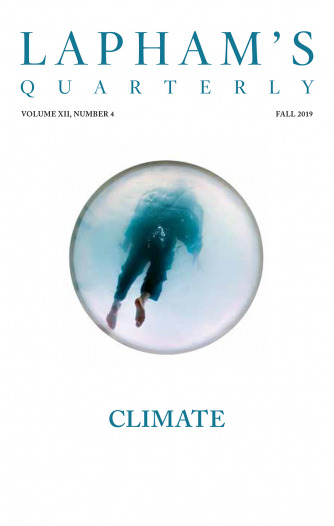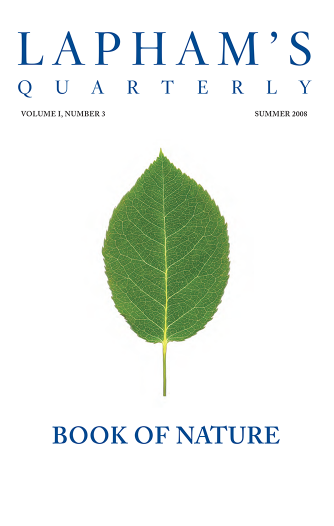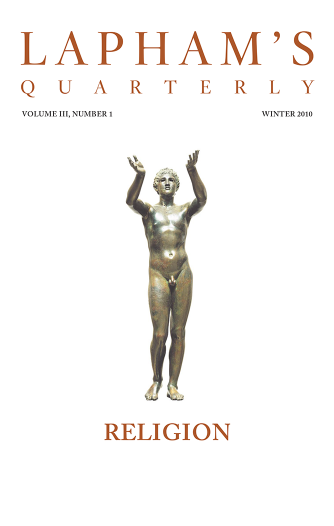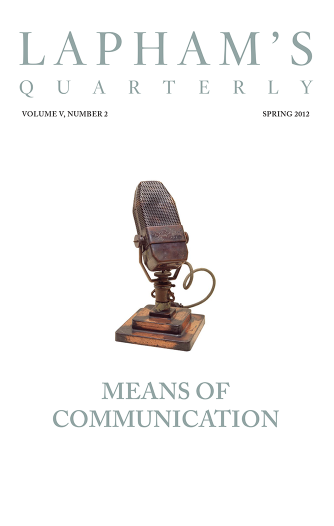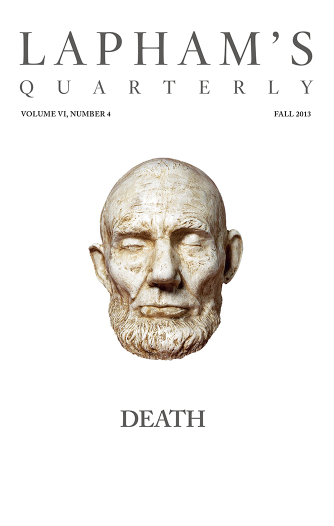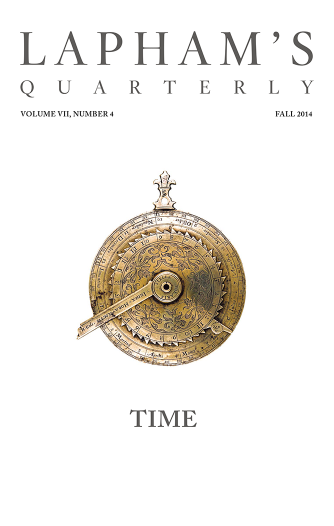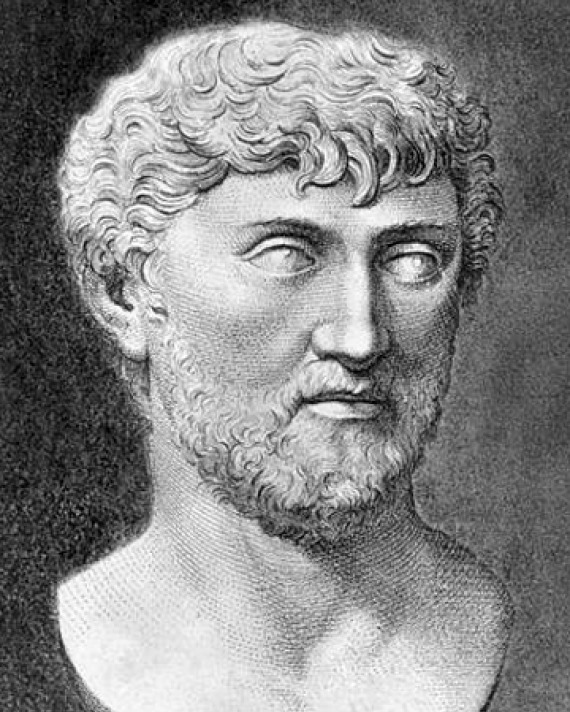
Lucretius
(c. 95 BC - c. 50 BC)
Little is known about the life of Lucretius: Saint Jerome claimed that he was driven insane by a love potion and committed suicide. His poem On the Nature of Things reveals its author to have been a religious skeptic who rejected the notion of an afterlife and believed that the world was composed of invisible particles. For centuries Lucretius’s sole work was considered lost until a book hunter named Poggio Bracciolini happened upon a copy in a German monastery in 1417; it later influenced Niccolò Machiavelli, Michel de Montaigne, and Thomas Jefferson.
